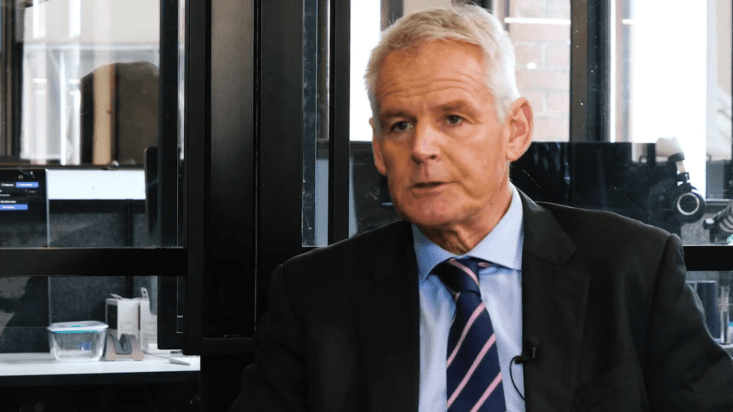Markets remain fundamentally strong, despite real asset concerns: Atchison
While pockets of the real asset sector present red flags across the globe in the post-pandemic era, market fundamentals remain strong with both equities and defensive assets forecast to hold steady according to investment consultants Atchison, which says a risk-on approach is broadly warranted in the current environment.
A key to taking advantage of market conditions, Atchison principal Jake Jodlowski says, will be strategic asset allocation, which will afford investors the benefit of agility and tailoring to market conditions as they develop.
“We foresee a stable growth trajectory, particularly in developed markets, offering a reliable backdrop for our strategic asset allocation positioning,” Jodlowski (pictured) said, adding that the prospect of easing inflation and subsequent softening rates should help free up a backlog of emerging companies in the global equities market
“The gradual reduction in rates, as inflationary pressures diminish, supports a positive stance on risk assets, in particularly equities,” he said. “This comes despite concerns around the valuation of some pockets of the market.”
While investors might veer towards geopolitical events as the most salient market risk at present, with the US election and the unknowns of a second Trump presidency posing questions on several fronts, Jodlowski believes the market will likely only experience short-term trembles that don’t undermine strong fundamentals. “While elections can cause short-term volatility, the market’s underlying strength offers resilience,” he said.
As ever, Jodlowski continued, diversification remains key. If there are any areas to tread softly around, however, the Atchison principal urged caution regarding real assets, with a particular focus on the commercial property sector. Other real assets such as essential infrastructure and gold (acting as a hedge against volatility) remain in frame for portfolios.
The only other word of warning Jodlowski shared relates to the opportunity cost of holding cash. Stable bond yields and the prospect of two rate cuts by the US Federal Reserve before the end of the year have led to the Atchison team taking a neutral stance on duration and an underweight position in cash.
“We see limited value in holding cash for investors and prefer to explore higher-yielding credit opportunities,” he added.
While the US rate cuts are anticipated, they aren’t a sure thing. This is where vigilance and agility come into play, Jodlowski said.
“Persistent inflation could compel central banks to maintain a tighter stance, potentially challenging risk assets. We caution against complacency, advising vigilance in risk management.
“Current low volatility should not lull investors into a false sense of security. A diversified and balanced portfolio remains essential, and the role of relevancy has been more competent.”











